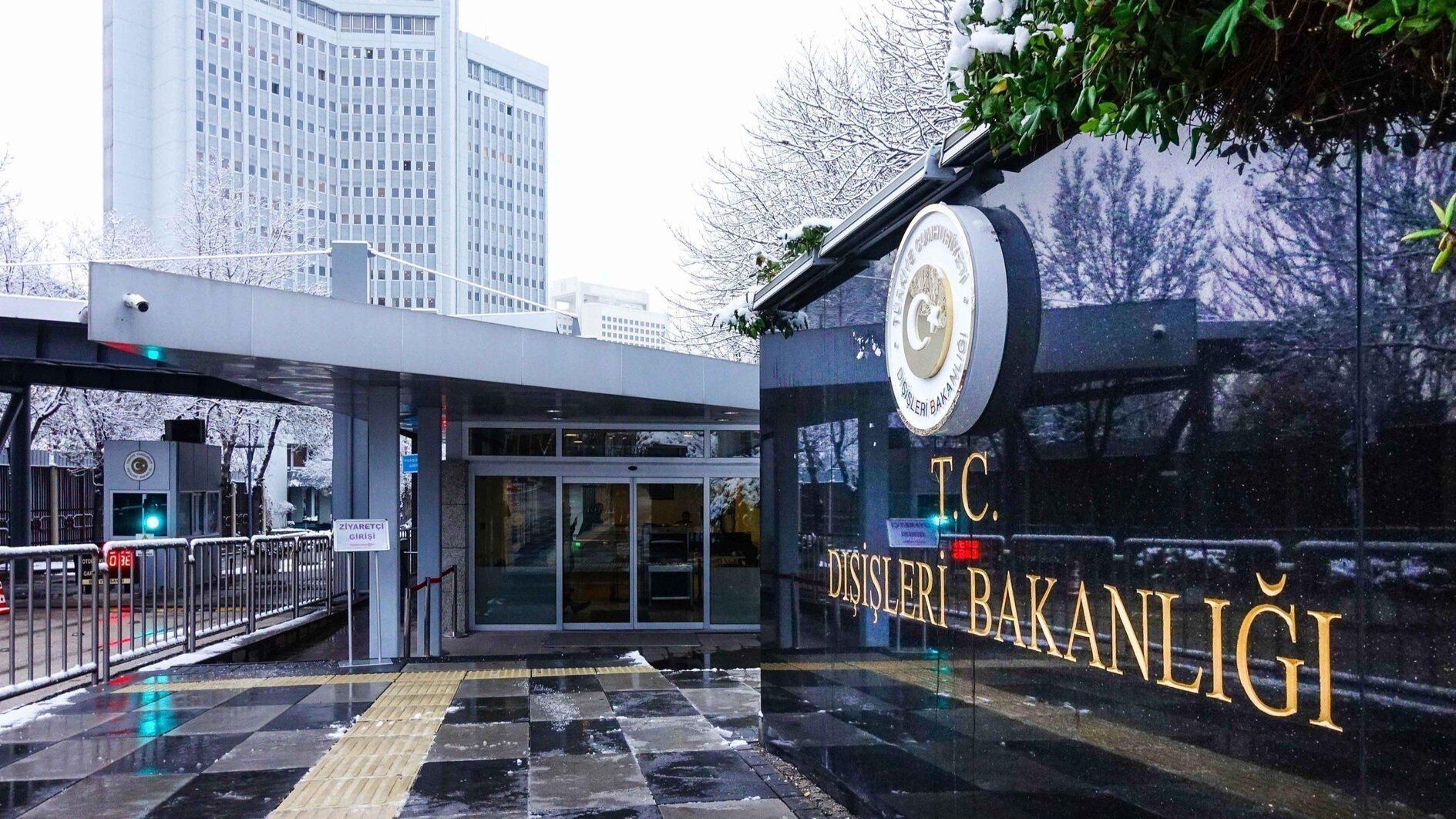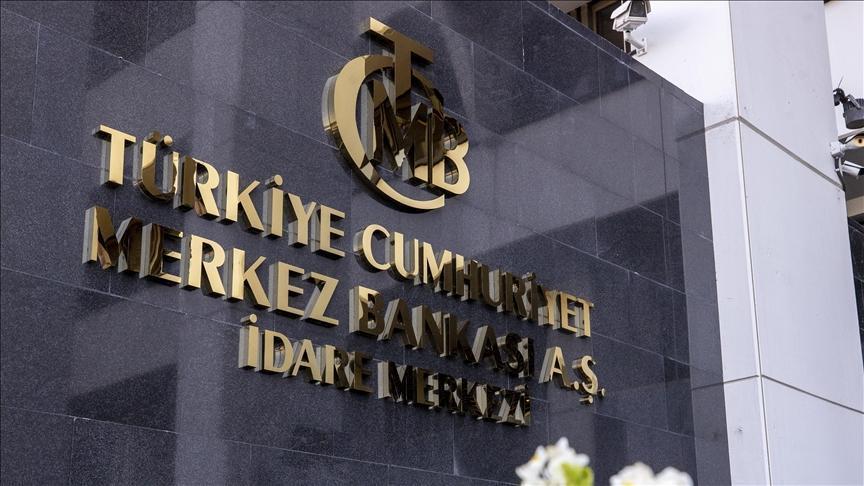Desperately looking for positive signs
“Tell me something positive,” said a western friend entering my office, “so that I may tell it to my superiors, for them to make a more informed decision about Turkey.” I have to confess that it is not getting any easier. Our friends in western capitals are now desperately looking for some positive signs. Why? Just have a look at the events.
Turkey has had a twin election on June 24, already a month ago. Yet the country still does not have a strategy. Instead of focusing on a strategy to counter the slide of its heavily foreign exchange indebted corporate sector from insolvency to illiquidity, the country has been focusing on redesigning its whole administrative edifice. That’s the new executive presidency to you. It is a monument to forgetting the rather sound advice of “if it ain’t broke, don’t fix it.”
It’s not that there are no positive developments, mind you. This week, the infamous state of emergency has been lifted after having been in effect for two years – since the Gülenist putsch, that is. The Turkish state of emergency legislation was a byproduct of the 1980 military coup. This was no French state of emergency. There was no judicial control over administrative decisions. Ending that dreadful state is definitely good for rule of law in the country.
Turkey is no Russia or Venezuela when it comes to the rule of law. With no oil to buy the allegiance of its citizens, Turkey, as an industrial country, needs a reasonable level of the rule of law to finance its huge current account deficit, which is around 6 percent of its GDP. That current account deficit and its financing requirement is now the only thing that ties Turkey to the West. In other words, our only tie is the U.S. dollar market, which is the only financial market deep enough to float a country like Turkey. There is no alternative of any sort.
You may also say that the country has had a very good election recently. Its fairness might be criticized, yet no question could be raised about its being free with a record number of voter participation. President Recep Tayyip Erdoğan was reelected and finally has his executive presidency, while around eight political parties entered parliament. More than 95 percent of voters are now represented in the Turkish Parliament, with the ruling Justice and Development Party (AKP) of Erdoğan losing its majority.
Erdoğan designed this new system, and he will have sole responsibility for it. So as foreign observers in Ankara are looking for positive signs to report back to their capitals, why not take that? There is still room for maneuver next week, with the economic committee appointments and whatnot.











